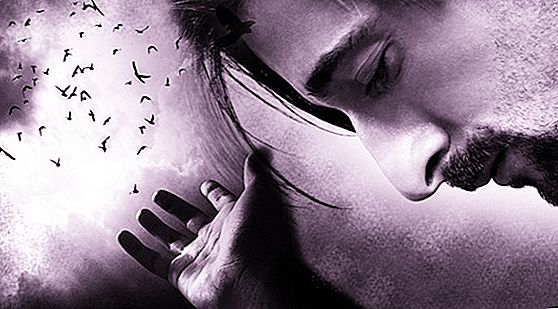We all were once ashamed of our actions or actions. Society and morality differently qualifies your actions and actions. Let's see what wine is.

Obviously, there is not a single religious system that does not include the concept of “sin”: even the most primitive, primitive beliefs are distinguished by numerous prohibitions, “taboos, ” which cannot be rationally explained. A taboo is broken, a sin is committed - and a person becomes an outcast until he recognizes his wrongdoing and cleansing ritual actions are performed on him.
Indeed, perhaps, there is no normal person who, without shame, could tell about any of his actions; it turns out that each person, to one degree or another, has a feeling of guilt. Here you can see that a person feels shame precisely when others learn about his unseemly behavior; guilt is a deeper, personal experience.
As a rule, the concept of guilty feelings in everyday consciousness has a negative connotation: this is a bad, self-destructive feeling that must be eliminated. But is it? Indeed, guilt arises in connection with such a person’s action, which he himself considers bad, not consistent with his own value system. What will keep a person from harming another, from violence, from theft, if not a danger to feel guilty after that? Not shame for what was done (maybe no one will know about it), not fear of punishment (statistics say that toughening punishments does not reduce the level of crime), but personal responsibility to himself, execution of himself, and the role of executioner is guilty, - this is a restraining principle, regulating human behavior in relation to others.

